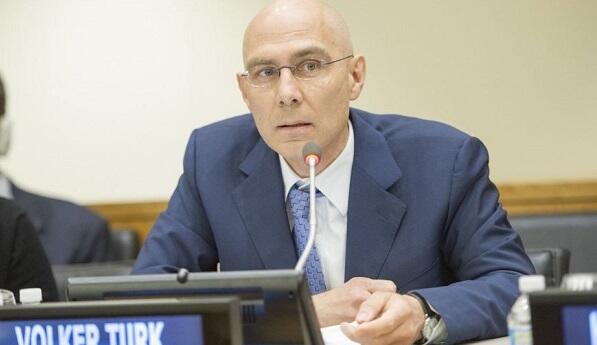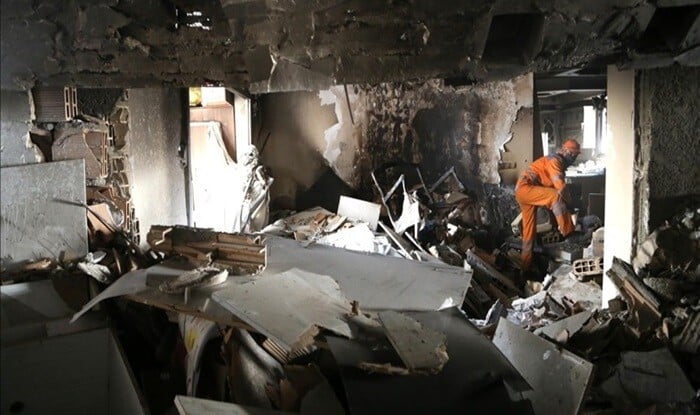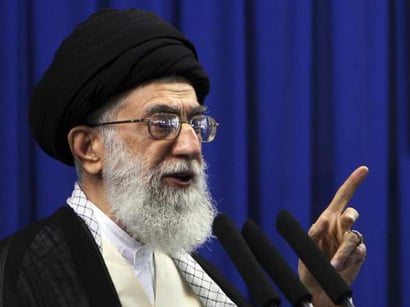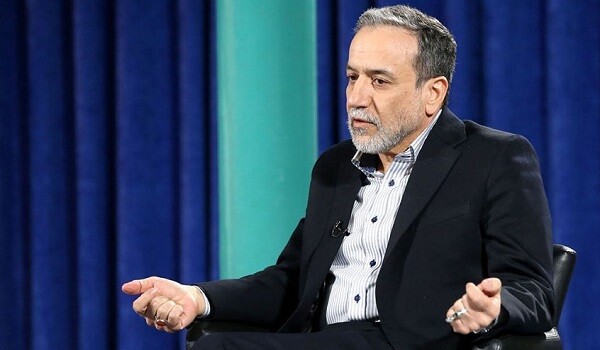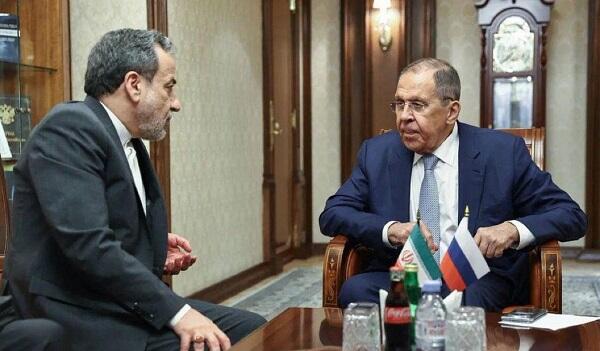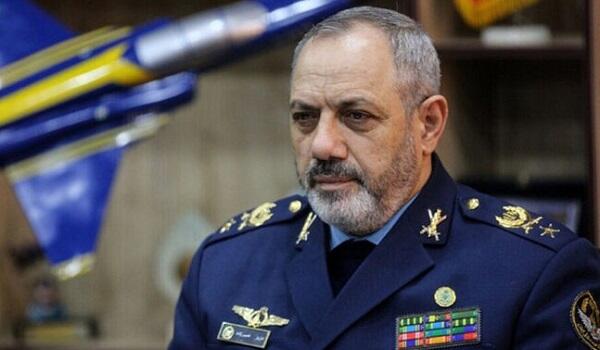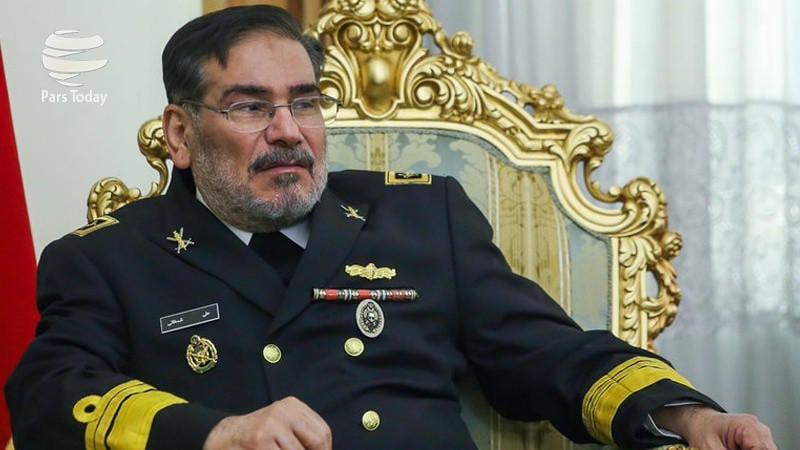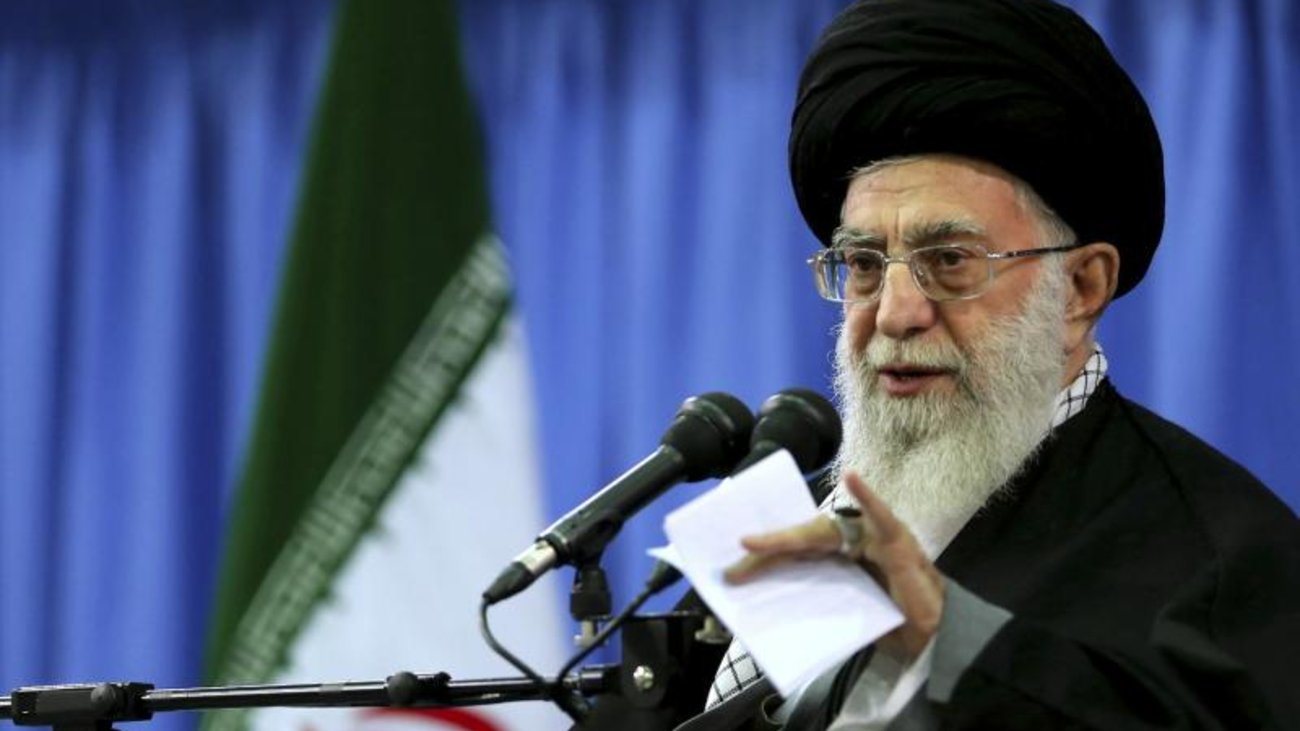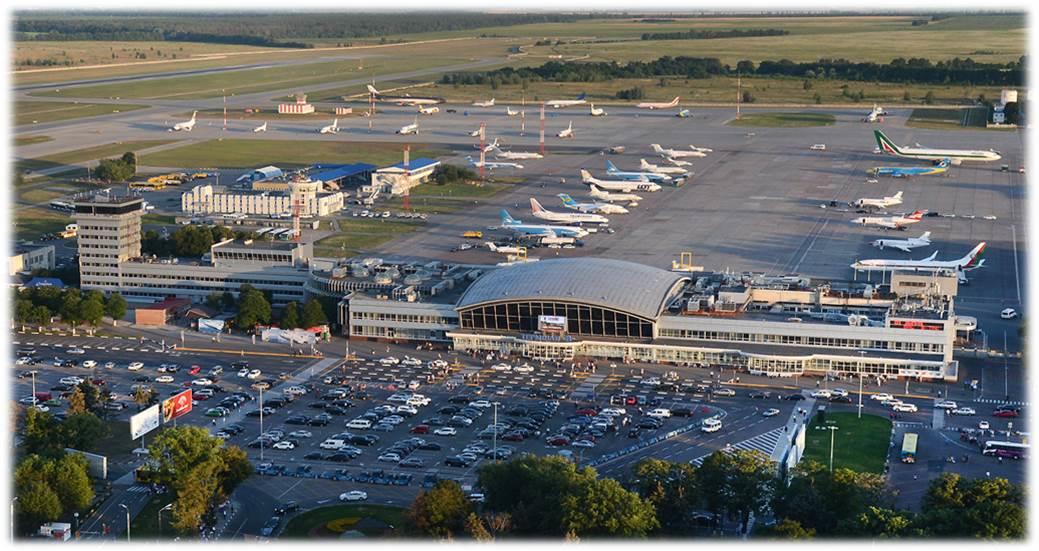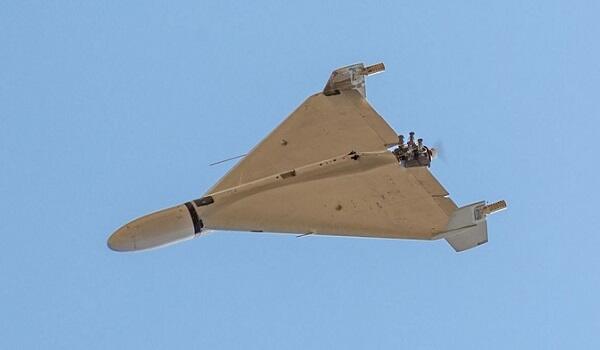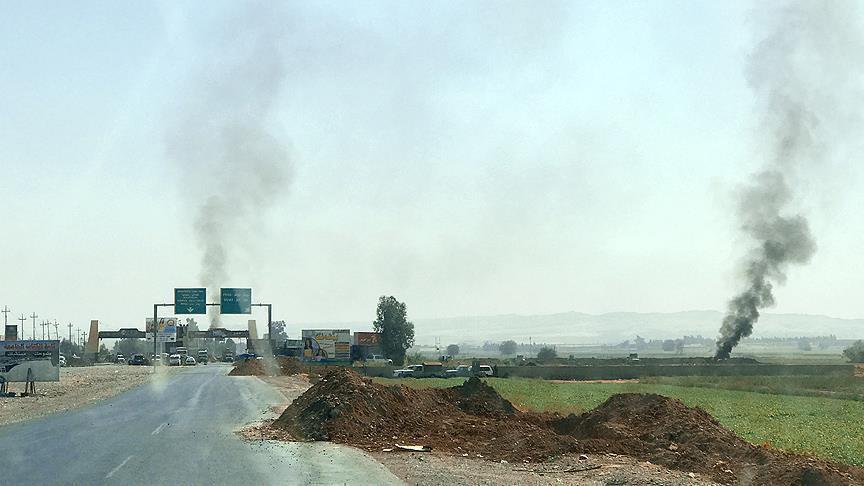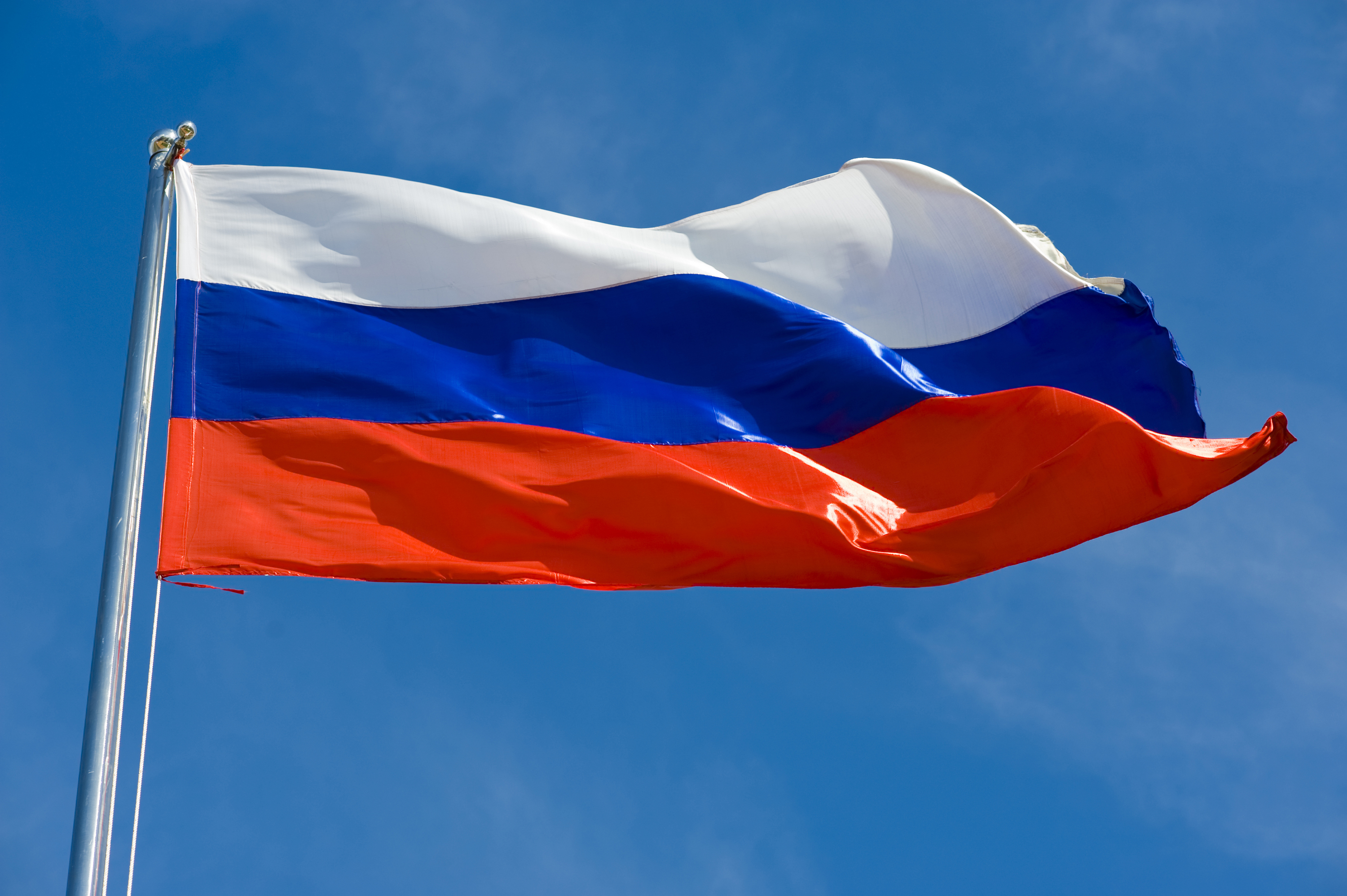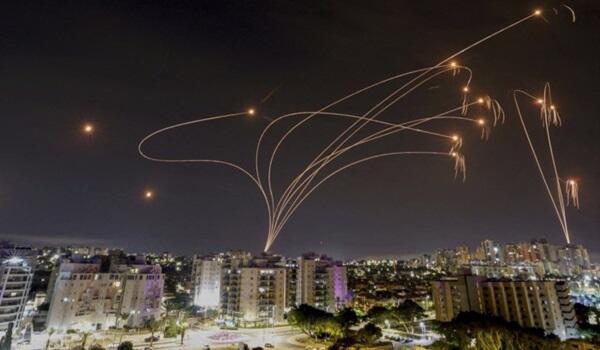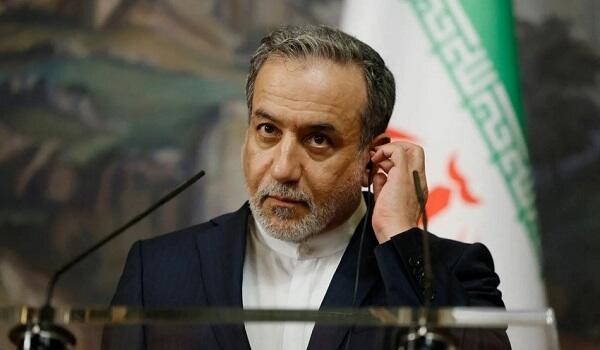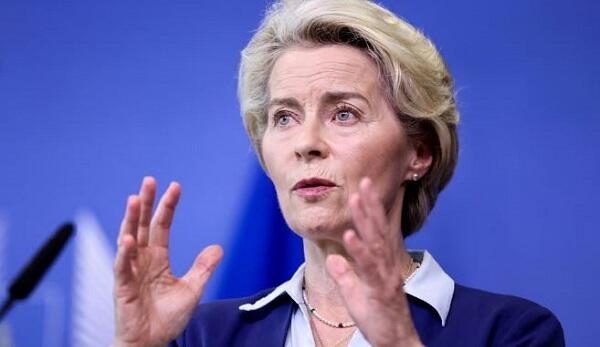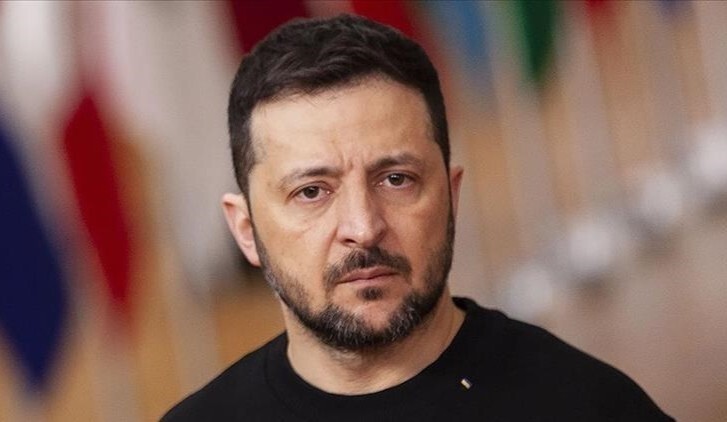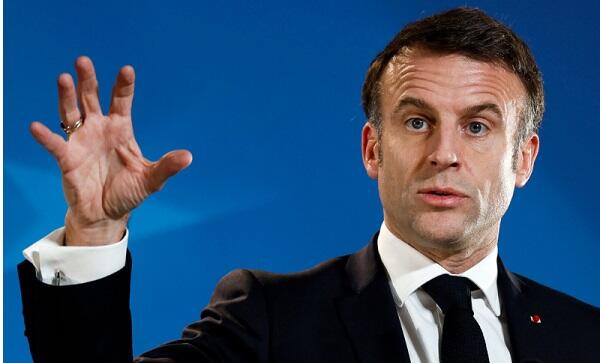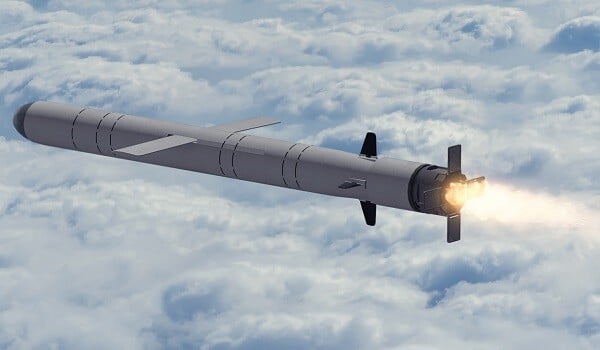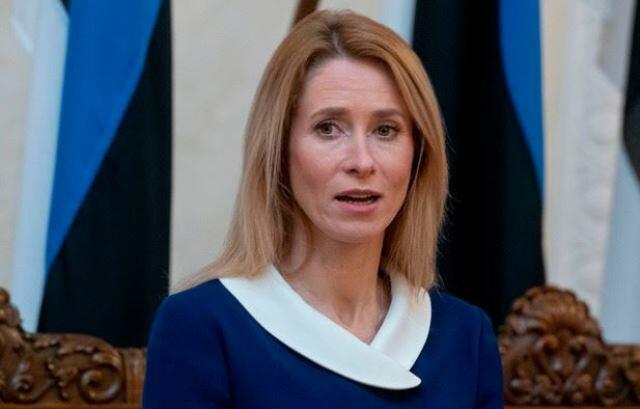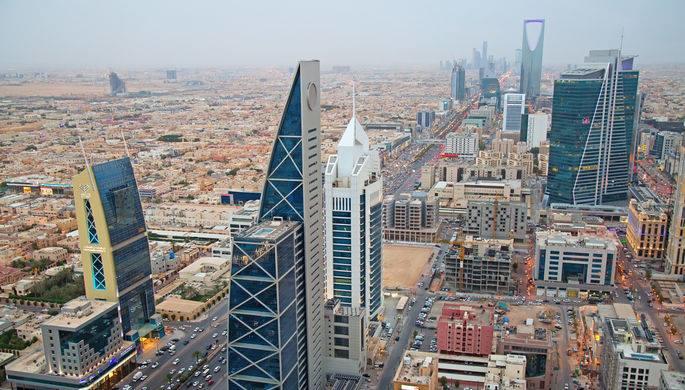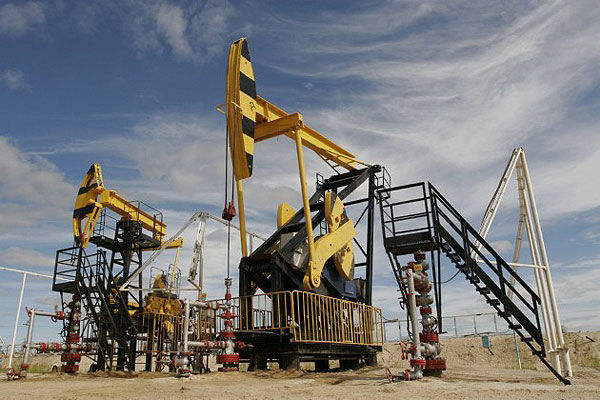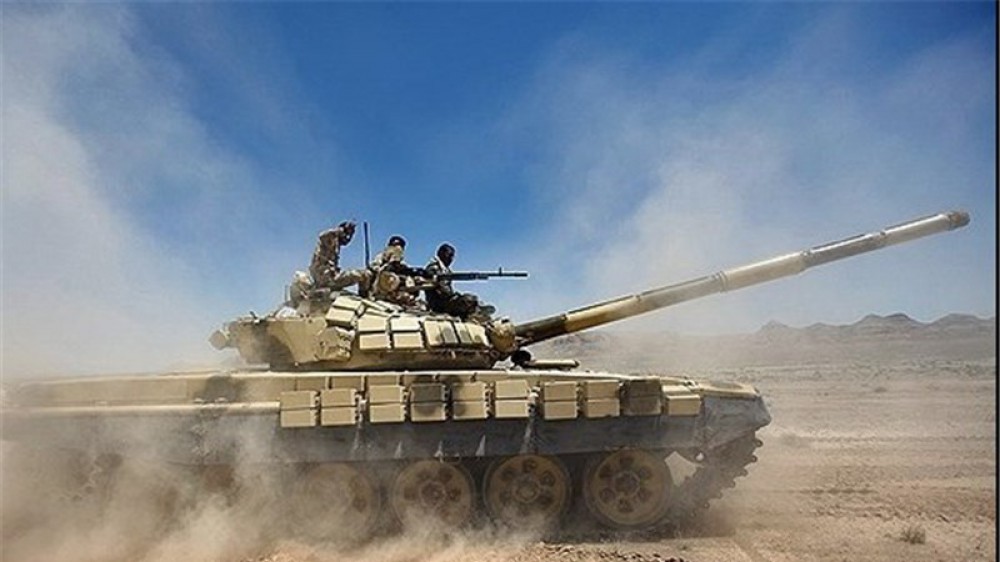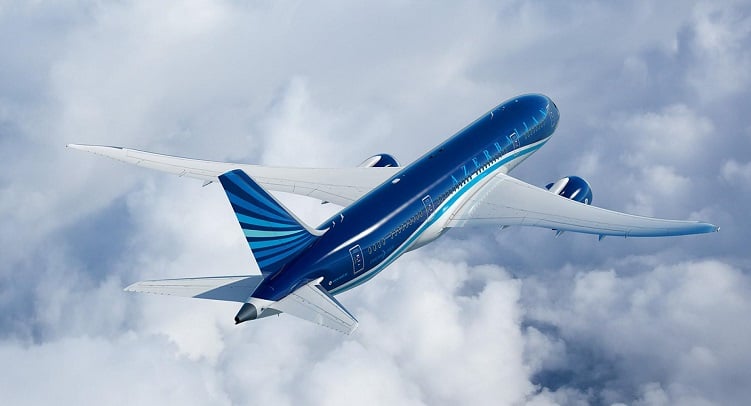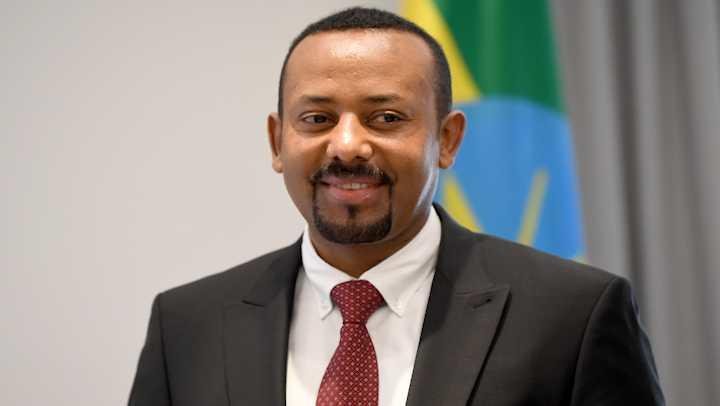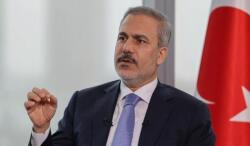Moscow has been consistently pursuing the policy of
national transport infrastructure development to make full use of
its transit capacity, Russian Foreign Minister Sergey Lavrov stated
in an article entitled APEC: Genuine Collectivism and Effective
Connectivity, which has been circulated among the APEC member
states on Wednesday.
According to the Russian foreign minister, "the improvement of
transport and logistics infrastructure in the region should have an
important role." Lavrov pointed out that "Russia has a wealth of
experience in ensuring reliable, continuous and cost-effective
operation of global value chains and the compatibility of
production and distribution networks."
"The geography should be taken into account as well - the
shortest goods delivery routes between Asia and Europe pass through
the territory of our country," the minister stressed. "In order to
make full use of its transit capacity, Russia has been consistently
pursuing the policy of national transport infrastructure
development."
The minister noted that Russia’s "government is supporting major
projects of upgrading the Baikal-Amur Mainline and Trans-Siberian
Railway. Development of the Far East port complex is underway.
Infrastructure of Khabarovsk and Vladivostok airports is being
improved with a view to turn them into major hubs of
transcontinental air transportation. Active use of the Northern Sea
Route may benefit business."
"At the same time measures are taken to technologically upgrade
border and customs services in order to enable much accelerated
passing of the relevant procedures both for cargo, including large
containers, and for passengers. We attach great significance to
enhancing the safety of transport infrastructure, including through
the use of the Global Navigation Satellite System (GLONASS)," the
Russia top diplomat added.
